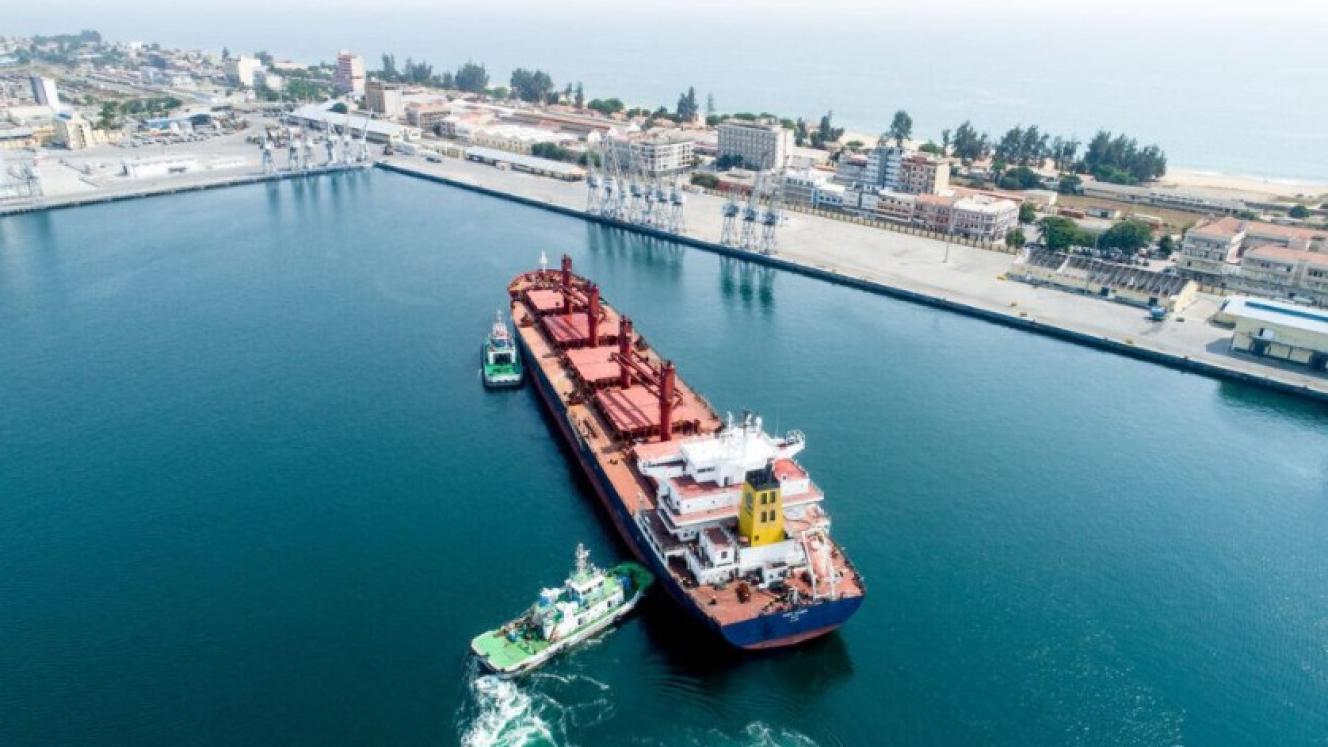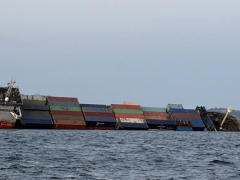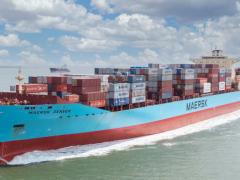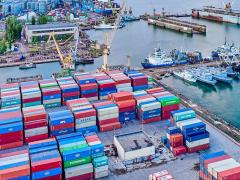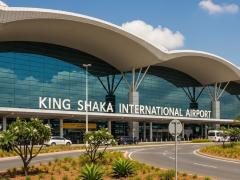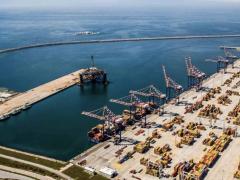Angolan President and African Union chairperson, João Lourenço, used a ‘Financing Summit’ in Luanda looking at logistics to highlight the Lobito Corridor, calling it a “game-changer” for regional trade and economic growth.
The summit, ‘Capital, Corridors, Trade: Investing in infrastructure for the AfCFTA and shared prosperity’, brought together African leaders, global investors, and development banks to turn Africa’s infrastructure ambitions into bankable projects.
Africa faces a $68-$108 billion annual infrastructure gap, but Lourenço emphasised that projects like Lobito showed how capital could be mobilised when backed by political will.
Stretching from Angola’s port of Lobito to Zambia and the Democratic Republic of the Congo, the corridor promises faster trade, increased mineral exports, improved connectivity, and lower costs for international markets.
Lourenço called for stronger support for the Programme for Infrastructure Development in Africa (PIDA), referring to Lobito as a model of transformative infrastructure that could drive continental integration.
Other speakers at the summit stressed the importance of leveraging Africa’s own resources.
Pension funds, insurance companies, and sovereign wealth funds hold trillions abroad, yet domestic capital must fuel growth.
Mahmoud Ali Youssouf, Minister of Foreign Affairs and International Cooperation of Djibouti, urged a shift from a “logic of assistance” to a “logic of alliance,” while Nardos Bekele-Thomas, CEO of the African Union Development Agency‑NEPAD, highlighted the need for African capital to underpin connectivity, energy security and productivity.
Local content and industrialisation also took centre stage.
Lerato Dorothy Mataboge, AUC Commissioner for Infrastructure and Energy, said African skills, finance, and innovation must lead projects, creating jobs and industrial growth. Samaila Zubairu added that processing Africa’s raw materials domestically was key to moving up the global value chain.
Transport & Logistics Zambia reports that the Luanda Summit sent a clear signal: the Lobito Corridor and other strategic transport links are critical for Africa’s trade, integration, and prosperity.
With strong leadership, domestic investment, and bankable projects, Lourenço showcased how Africa’s infrastructure vision could become reality.
